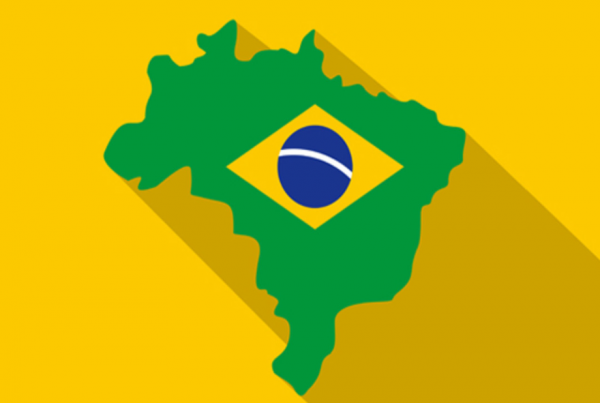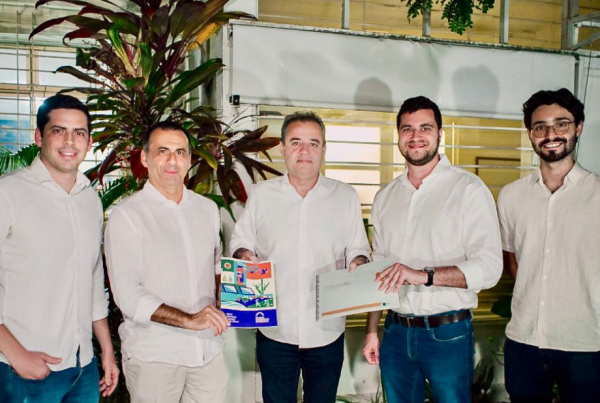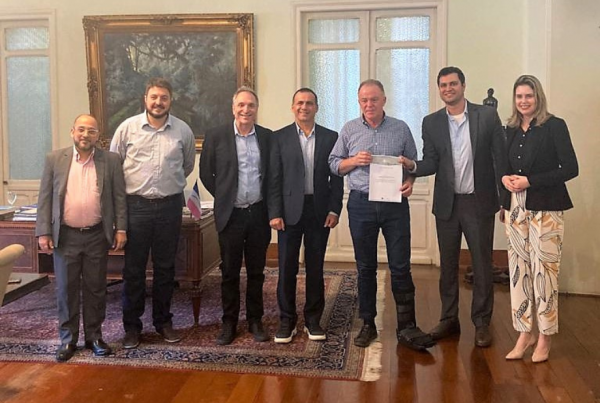At the moment we need to deal with two crises in Brazil: an acute one, which is to control the Covid-19 pandemic, and a chronic one, which is to stop the accelerated destruction of the Amazon Rainforest, which contributes to the worsening of climate change. Recent studies show the relationship between the advance of deforestation and the transmission of infectious diseases in several countries around the world. In addition to the other devastating consequences for humanity, the risk that the destruction of the Amazon Rainforest will result in the emergence of new diseases is real.
The temporary hardships that the pandemic imposes on us are small compared to the permanent and devastating effects that our children and grandchildren will face with a warmer planet, including a significantly increased risk of new epidemics. For example, the Evandro Chagas Institute, a reference in tropical disease research, has already catalogued 250 new viruses in the region. Scientists have been “hunting” these pathogens in an attempt to prevent their transmission to humans. After all, we are learning from the Covid-19 pandemic that proper investment in this type of research and consistent efforts to stop the destruction of wild habitats are critical to our well-being and the health of our economy. Will Brazil learn this lesson?
Last year, the fires in the Amazon and the almost 30% increase in the annual deforestation rate caught the world’s attention. Since then, little has been done by the federal government to avoid a new disaster: we are a country without a concrete plan to take care of our forest wealth and we are on the probable path to a deforestation rate in 2020 even higher than that of 2019. Between January and March 2020, the area of deforestation alerts reached 796 square kilometers, the largest for this period since the beginning, in 2015, of deforestation detection in real time, by Deter, an alert system that supports the supervision and control of forest degradation.
We are thus further away from the goal of zero illegal deforestation by 2030, assumed under the Paris Agreement. In fact, the first climate target is already lost: according to Deter data, Brazil has already deforested about 5,260 square kilometers between August 2019 and March 2020, far from the commitment of 3,925 square kilometers for this year.
As if this were not enough, the Federal Executive is articulating the approval in Congress of an award to those who invade and deforest public land. Provisional Measure No. 910 of December 2019 authorizes titling without bidding public areas invaded after 2011, including those illegally deforested. They charge derisory amounts, as low as 2% of the market price of the land. It is a big prize for land grabbing, which is the theft of public lands, usually associated with crimes such as fraud, corruption, money laundering, and even murder.
It is important that the deputies and senators know that if they grant this license to grill, they will be condoning more crime and burning, and encouraging new invasions, since they create the expectation that these will also be amnestied and legalized in the future. If the country wants to reduce deforestation, it needs to stop this cycle of occupation, deforestation, violence, and changing the law to benefit criminal land grabbers. Otherwise, the country will stimulate the advance of forest loss and violate the commitments that society and the State have agreed to for the reduction of greenhouse gases in the last decade.
The presidents of the House and Senate, Rodrigo Maia and Davi Alcolumbre, need to act on MP 910/2019 with the same ethics and righteousness with which they are conducting the legislative responses to Covid-19. They must prevent environmental setbacks and all proposals for amnesty and incentives to land grabbing. Otherwise, they will feed one acute crisis with another chronic one, producing an escalation of environmental, health, humanitarian, and financial damage for the country and the world.
*Brenda Brito is a researcher at Imazon, Ilona Szabó is director of the Igarapé Institute and Natalie Unterstell is director of Talanoa
https://oglobo.globo.com/opiniao/artigo-as-duas-crises-no-brasil-24376752




